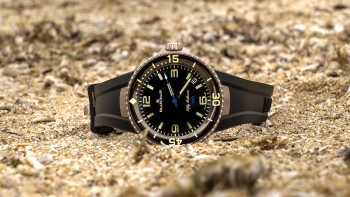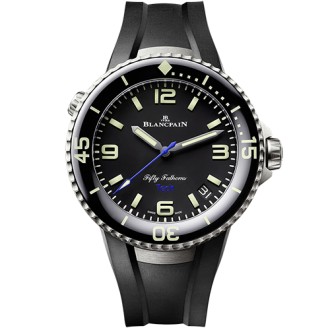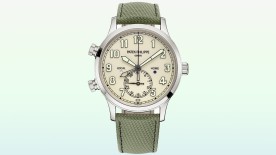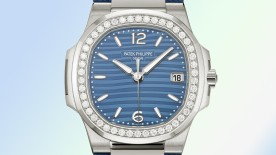Located in Shark Fin Bay in the Philippines, the island of Palawan is the third largest reef nation after Indonesia and Australia and is home to 80% of the world’s coral species. It was made a UNESCO Biosphere Reserve in 1990, but many of its reefs have been destroyed due to illegal fishing and trawling with explosives that kill both the fish and the corals they feed on. This, in turn, has threatened the food source of communities living on the island.
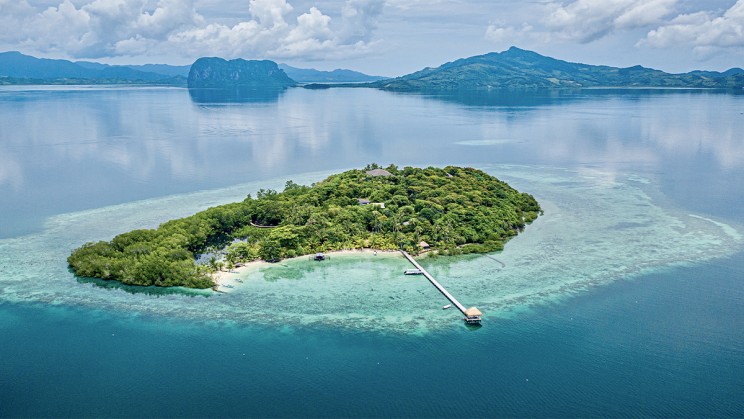
Sulubaaï Environmental Foundation’s Sea Academy Program
In 2020, Blancpain initiated its support of the Sulubaaï Environmental Foundation’s Sea Academy Program whose mission was to create marine protected areas (MPAs) together with local communities to reverse the damage caused. Since then, the team has successfully set up four MPAs and has restored a large number of the coral reefs using artificial structures and coral cuttings, 76% of which have survived. In 2024, approximately 300 artificial reefs had been installed in Shark Fin Bay, supporting around 3,000 coral colonies.
The program has also repopulated the reefs with fish thanks to its Fish Lab that takes the fish larvae (90% of which die in the wild) and gives them a safe environment to grow into juveniles, before returning them to the ocean. In 2023, over 1,424 fish of 21 different species had been released back into the marine protected areas and the view is to be able to release 20,000 fish per year.
The success of these programs has not only brought life back to 349 hectares of coral reef, where fishing is strictly prohibited, but it has also brought fish back to other areas where small-scale fishing (using lines and gillnets) is permitted to feed local populations.
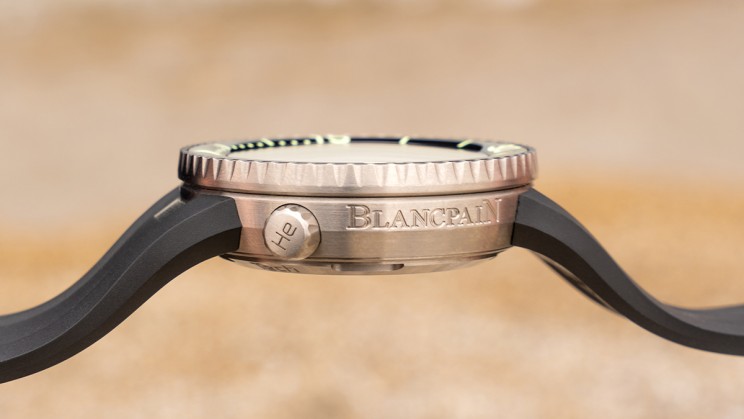
Sulubaaï Environmental Foundation & Blancpain Marine Research Centre
One of the key elements of the program has been to empower local populations to manage the bay sustainably. This involves training and information campaigns. To support this important part of the program, Blancpain has supported the construction of a brand-new marine research centre which was set up to facilitate scientific and community initiatives to continue this important work.
Blancpain’s Ocean Commitment (BOC)
All of these initiatives have been supported by Blancpain’s Ocean Commitment program, a longstanding project that was set up over two decades ago by Blancpain to collaborate with the ocean community to raise awareness about the beauty of the world’s oceans, to contribute to scientific research, and implement efficient ocean conservation measures.
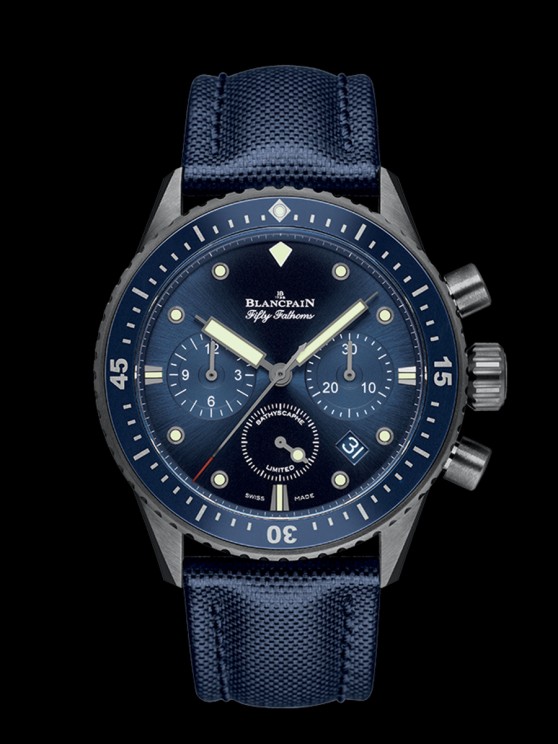
To help fund this critical work, Blancpain has created several limited-edition watches over the last decade with 1000 Euros from the sale of each watch going directly to the BOC program, raising 750,000 Euros to date.
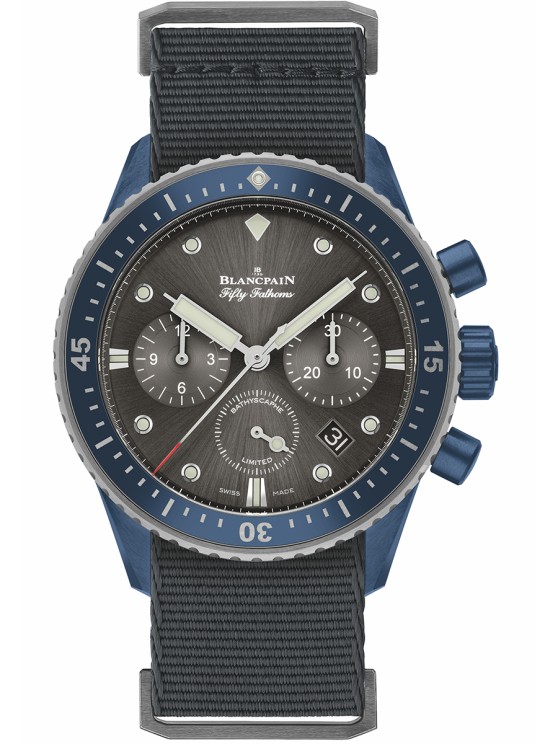
These special editions started in 2014 with the release of the 250-piece limited edition Blancpain Ocean Commitment Chronograph Flyback. Two years later, the brand released a second model with a blue ceramic case, and in 2018, it unveiled a 40mm satin-brushed steel version with a NATO strap.
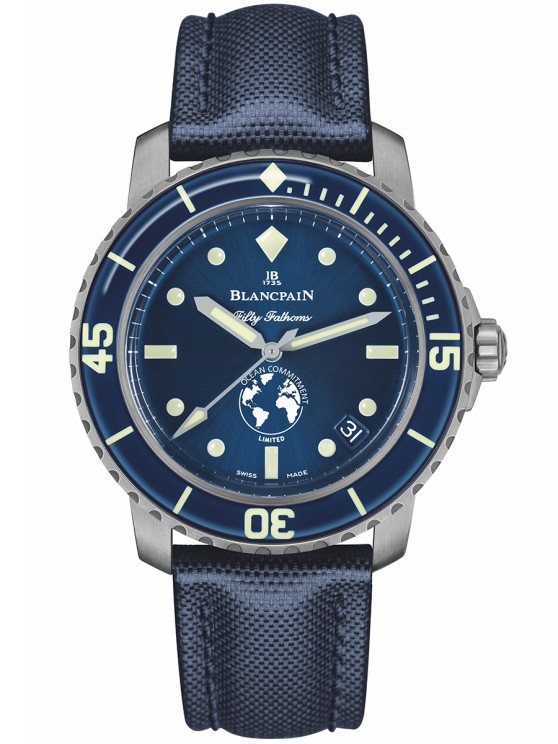
The Blancpain Fifty Fathoms Tech BOC IV Limited Edition
Today marks the release of the fourth watch in the series, the Blancpain Fifty Fathoms Tech BOC IV Limited Edition. This exclusive series of 100 pieces will raise 100,000 Euros for the new Sulubaaï Environmental Foundation & Blancpain Marine Research Centre and its various programs.
The timepiece has been designed for professional divers and follows in the footsteps of the Fifty Fathoms 70th Anniversary Act 2 Tech Gombessa model released in 2023, which measured 47mm in diameter and came with a bezel that could record immersion times of up to 3 hours. This new model is slightly smaller at 45mm and is crafted from grade 23 titanium, a material that is appreciated for its extreme resistance and remarkable lightness. It also features a bezel that can time a one-hour dive and comes with a black dial that can absorb 97% of the light for optimal visibility in the water. You can discover more information about the watch in the press release.
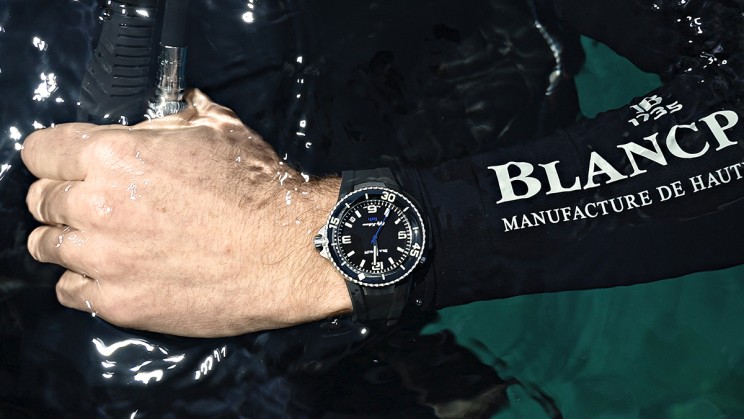
It is incredible to think that these watches have played such a part in returning the fish to the waters around Palawan, as well as advancing ecological science so that what has been learned in this biosphere can be applied elsewhere and hopefully bring life and colour back to the world’s reefs.
